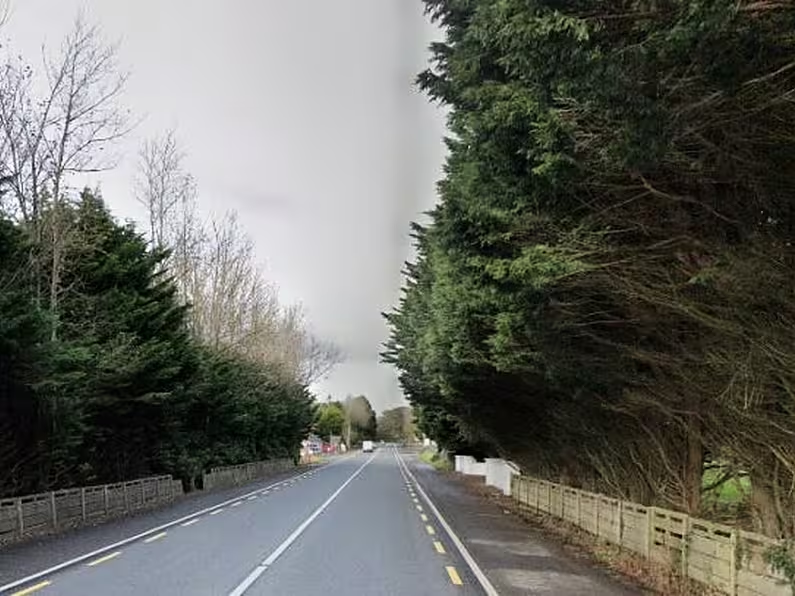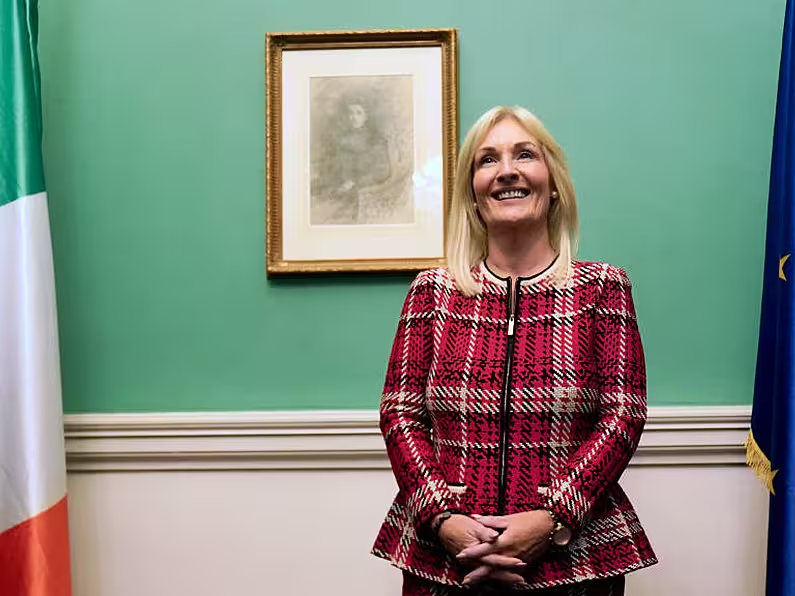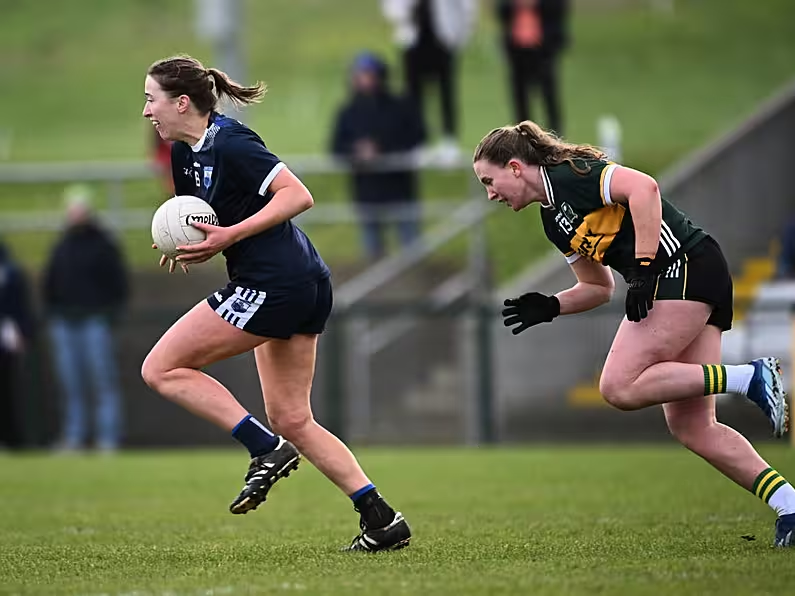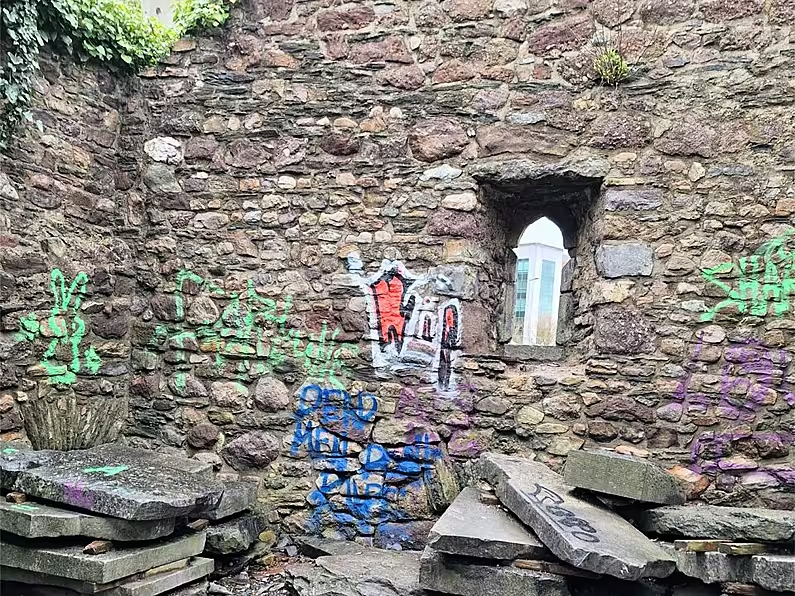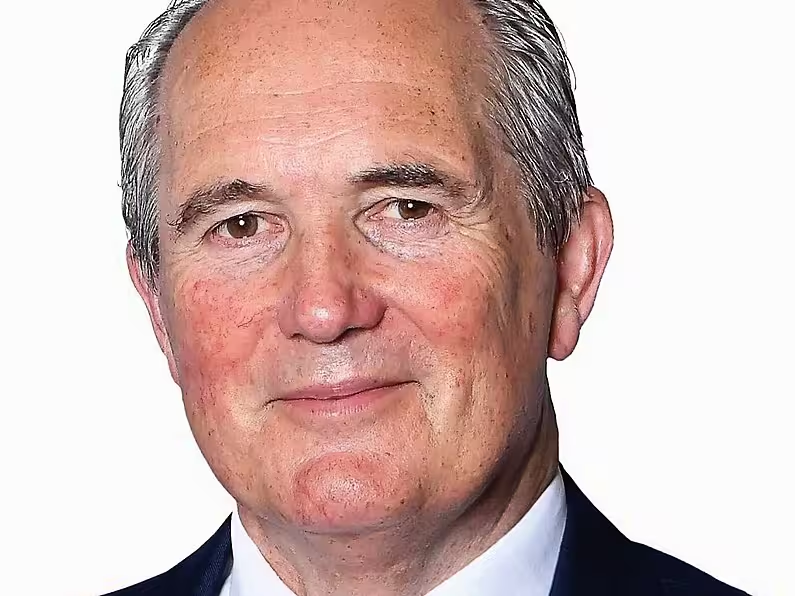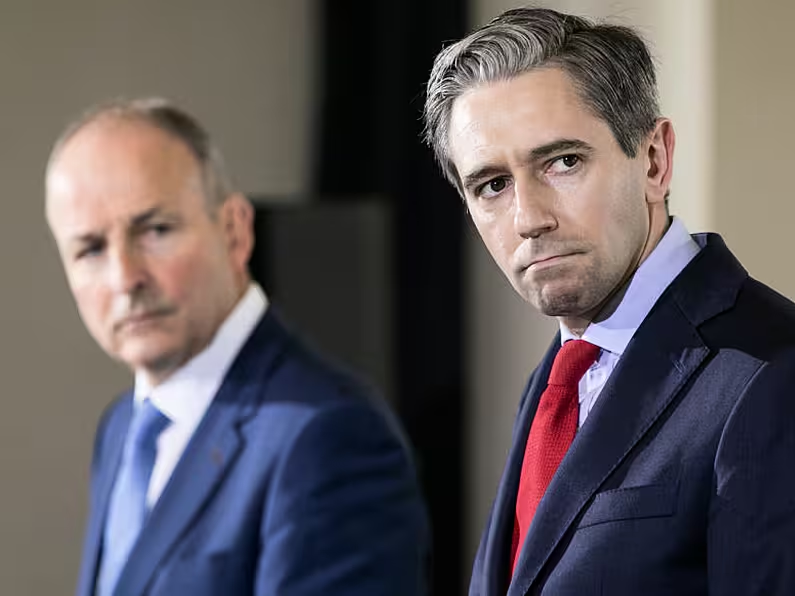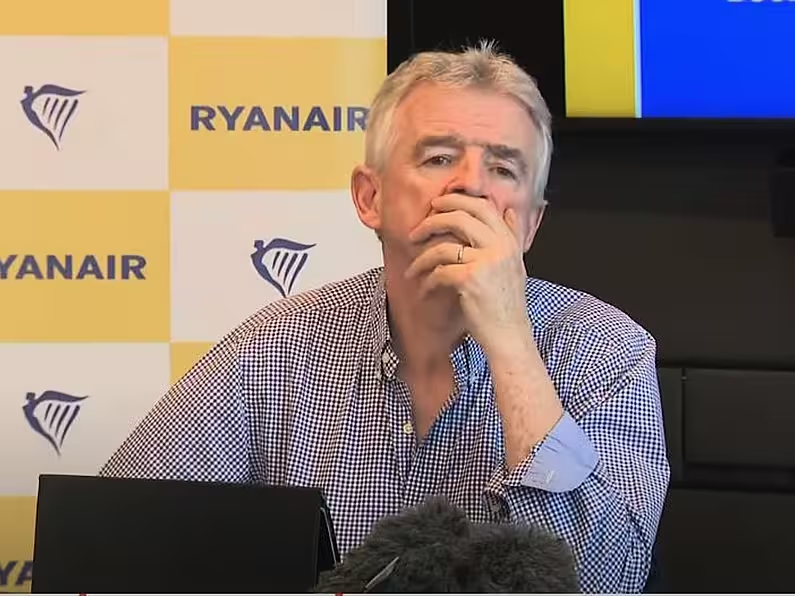By Michelle Devane, PA
The new media commission needs to have the power to order the “swift takedown” of harmful online content, an Oireachtas committee has heard.
Deputy Data Protection Commissioner Anna Morgan said it is “imperative” that an adequate regulatory regime, which she described as being currently missing, is introduced to tackle harmful user-generated content online.
Ms Morgan told the Media Committee on Wednesday the proposed legislation underpinning the new regulator currently “expressly excludes material that violates data protection or privacy law from falling within the scope of harmful content”.
“The Data Protection Commission (DPC) believes it is important that the media commission has the power to regulate all types of harmful online content, irrespective of whether they involve personal data,” she said.
“This is because there are clear limitations to the reach of data protection regulation, meaning it does not and cannot provide a comprehensive regime for tackling harmful content posted or shared in an online context.”
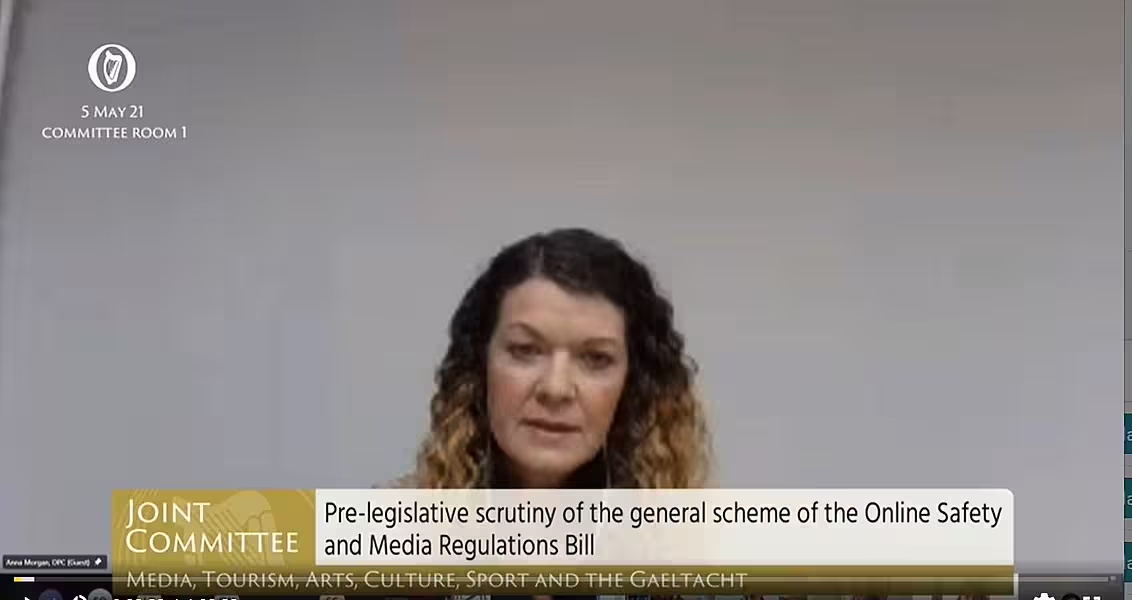
Ms Morgan was among a number of representatives from the DPC and the Broadcasting Authority of Ireland (BAI) before the media committee on Wednesday to discuss the draft Online Safety and Media Regulations Bill.
The proposed legislation would see the establishment of a new media commission as well as the appointment of an online safety commissioner.
The deputy commissioner said the DPC has experienced an increase in the number of complaints received relating to user-generated content considered “offensive, harmful, defamatory or detrimental”.
“The DPC finds itself having to deal with complaints relating to requests for the takedown of user-generated content, despite the fact that the data protection regime is not intended to tackle such matters and neither does it provide an appropriate range of tools for dealing with such matters,” she said.
It is dealing with 80 such complaints at present.
“It is a complicated process and frequently, it doesn’t yield an outcome which the complainant is satisfied with,” she added.
“It really does very much depends on the attitudes of the platform in question particularly when we intervene as to whether or not they’re prepared to take down that content.”
She highlighted that the DPC cannot order the immediate takedown of content online.
“The establishment of a dedicated body with the power to order, amongst other things, the swift takedown of all types of harmful content is imperative in this regard,” she added.
Under the new online safety legislation the functions and staff of the BAI would be transferred to the new media commission.
BAI chief executive Michael O’Keeffe welcomed the move saying it would ensure the BAI brings its “considerable knowledge and regulatory expertise” and would be able to make a “meaningful and early contribution” to the future work of the commission.
He said the BAI has about 40 staff and will have to recruit “a lot more” ahead of the commission being set up.

The BAI’s deputy chief executive Celine Craig told the committee the authority is “very concerned” about the “specific targeting” of women online, not only women in public office, but women journalists in particular.
“There has been significant targeting and in a way that we believe has the potential to cause real harm,” Ms Craig said.
“So the BAI believes that there might be some benefit in specifying, giving a level of specificity in this regard within the bill.”





